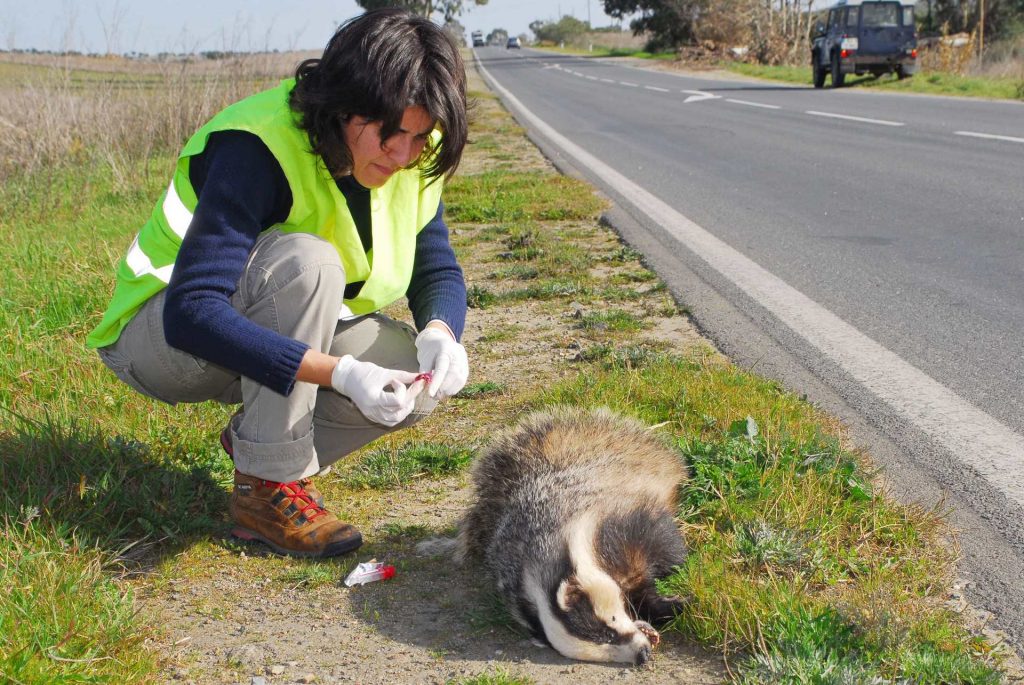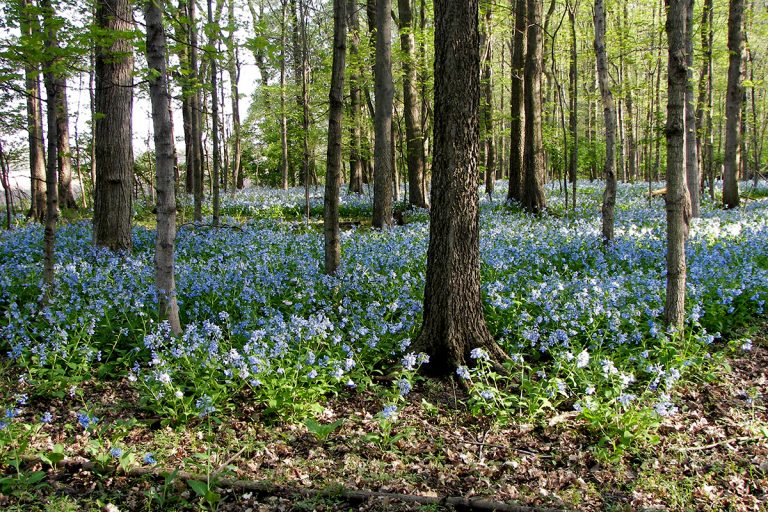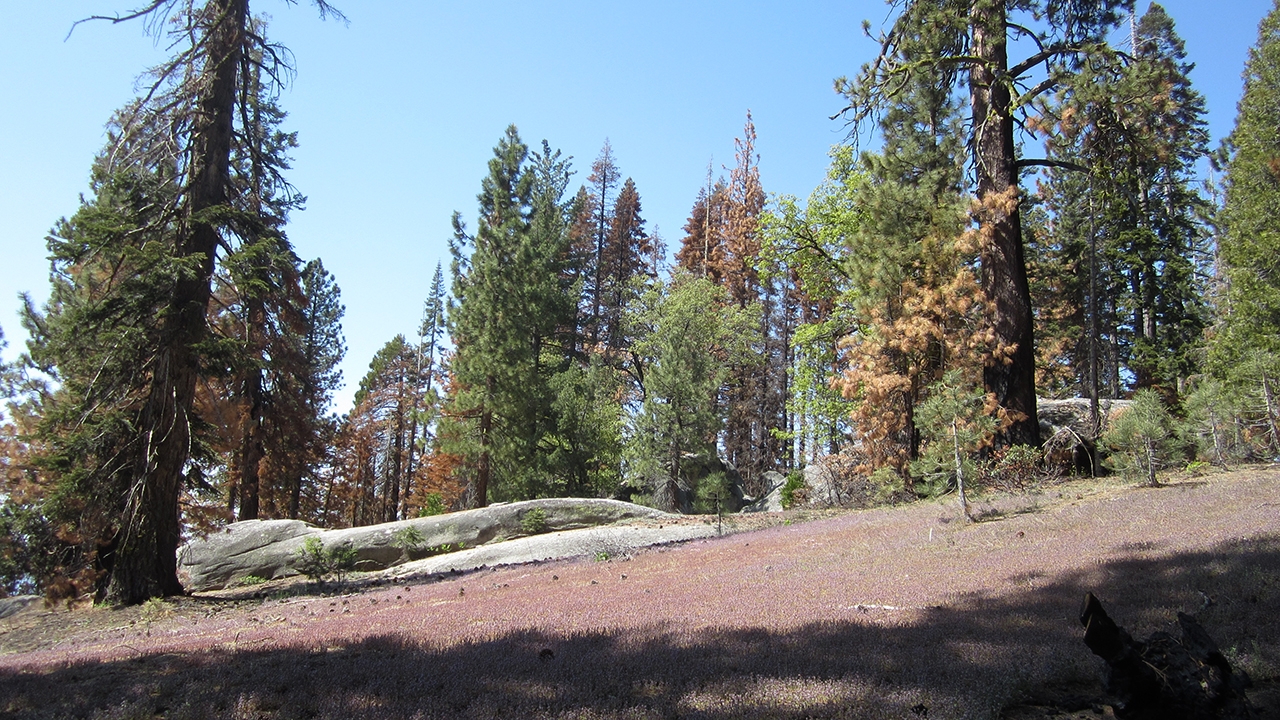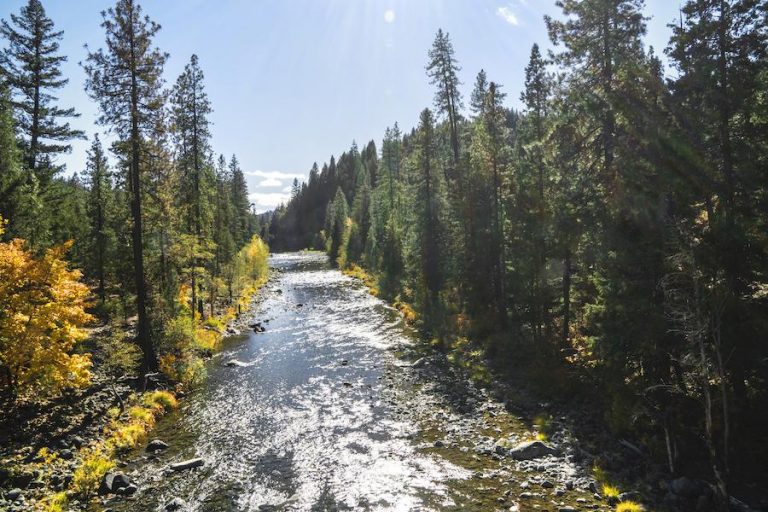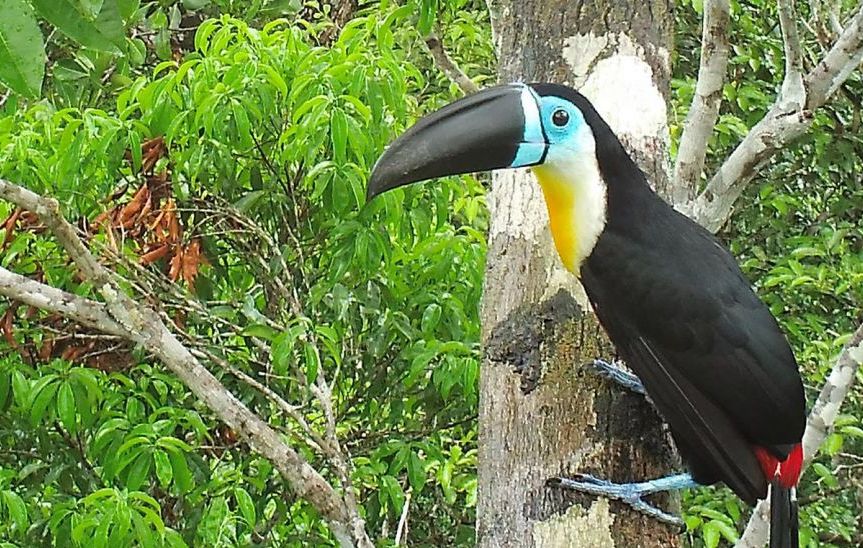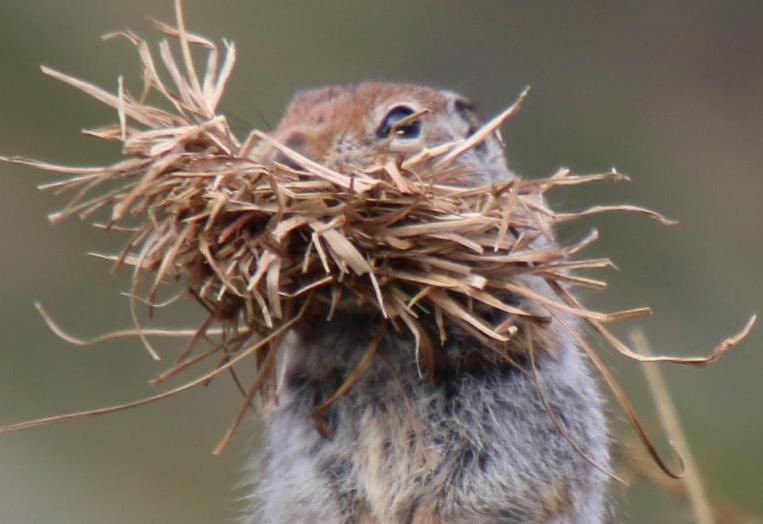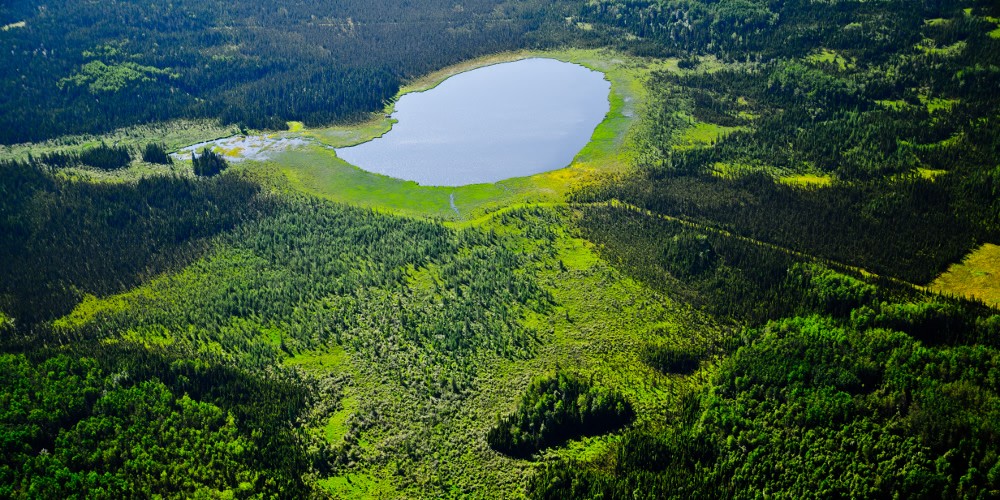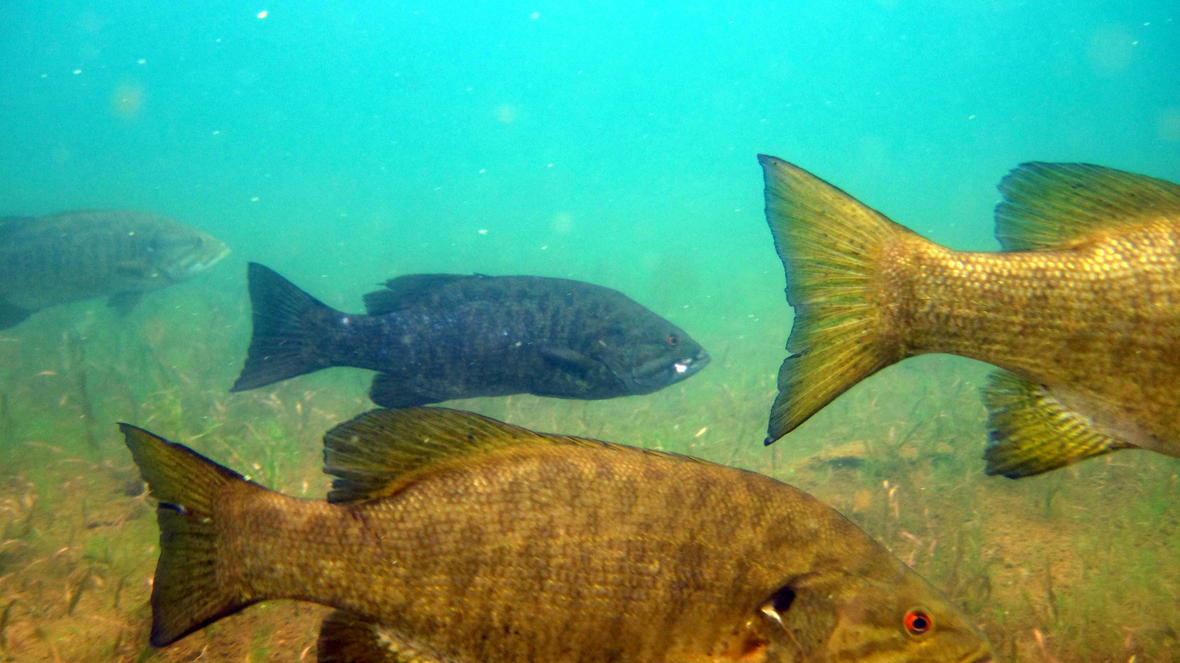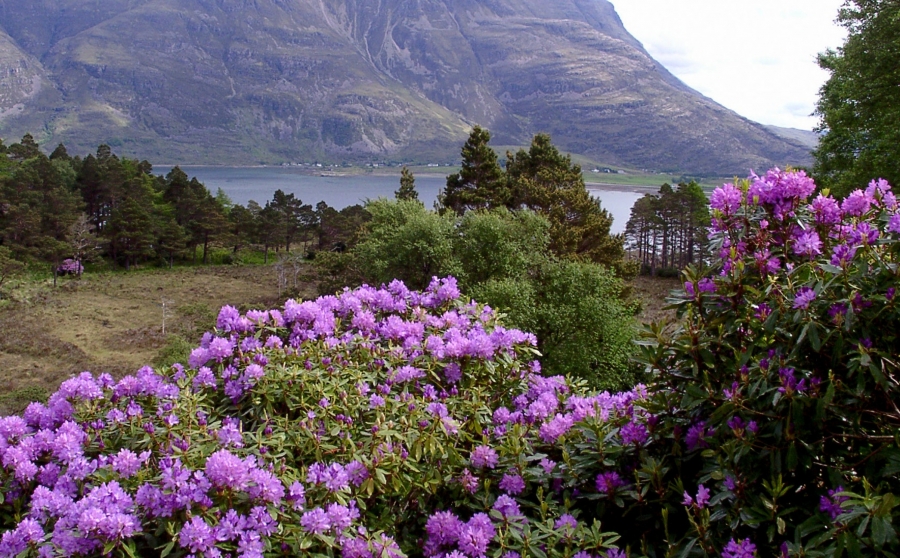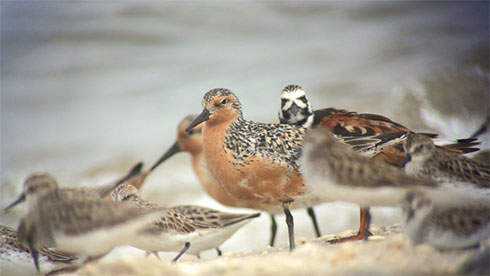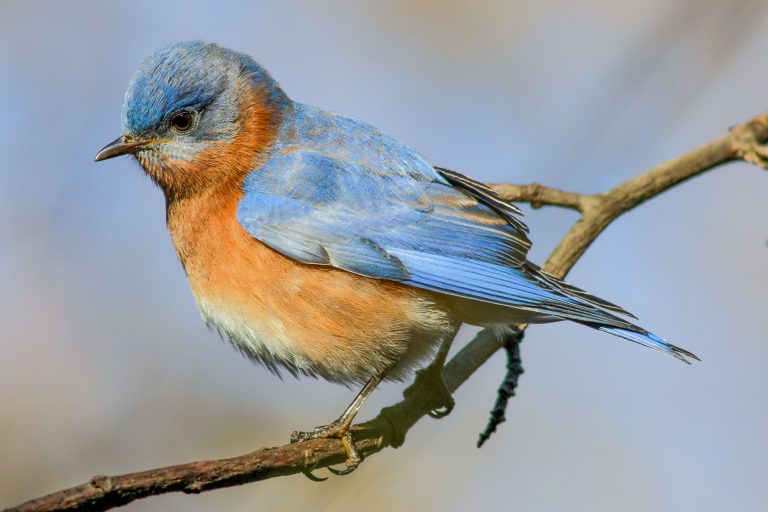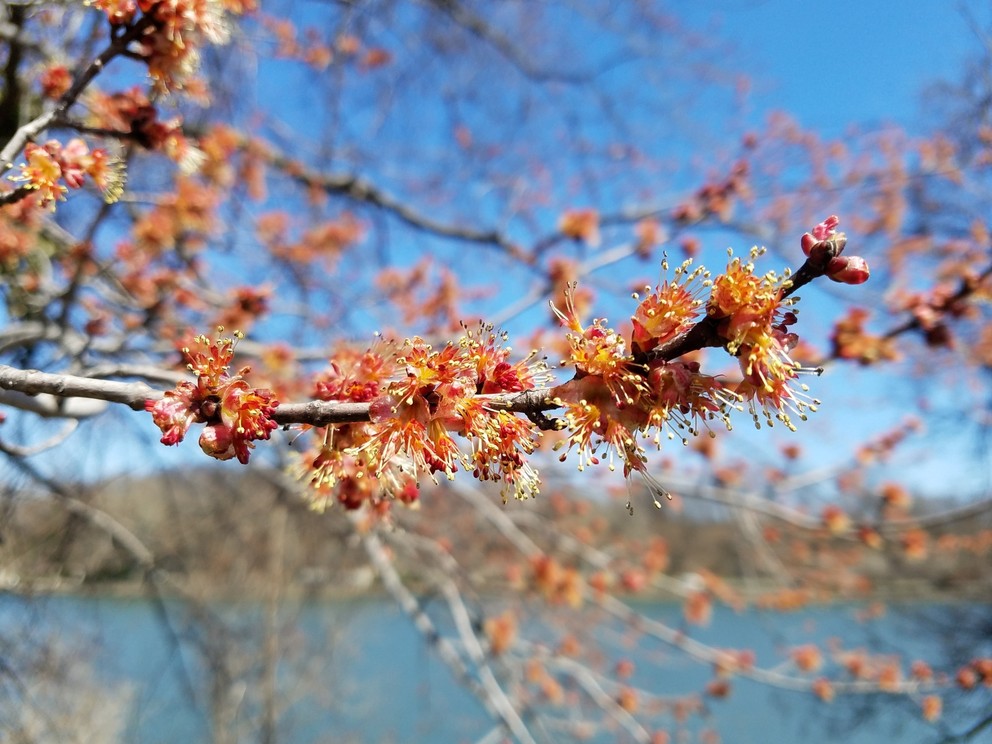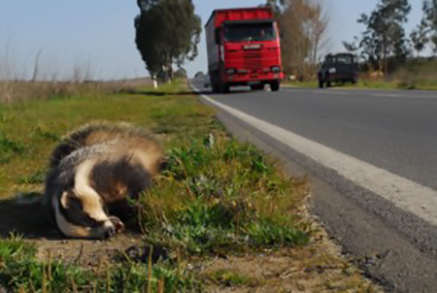
Roadkill study identifies animals most at risk in Europe
by University of Reading 6/11/20 Around 194 million birds and 29 million mammals are thought to be killed each year on European roads, according to a new study that has ranked the most vulnerable species. An international research team used 90 roadkill surveys from 24 European countries to create a new method of estimating both the birds and mammal species…
